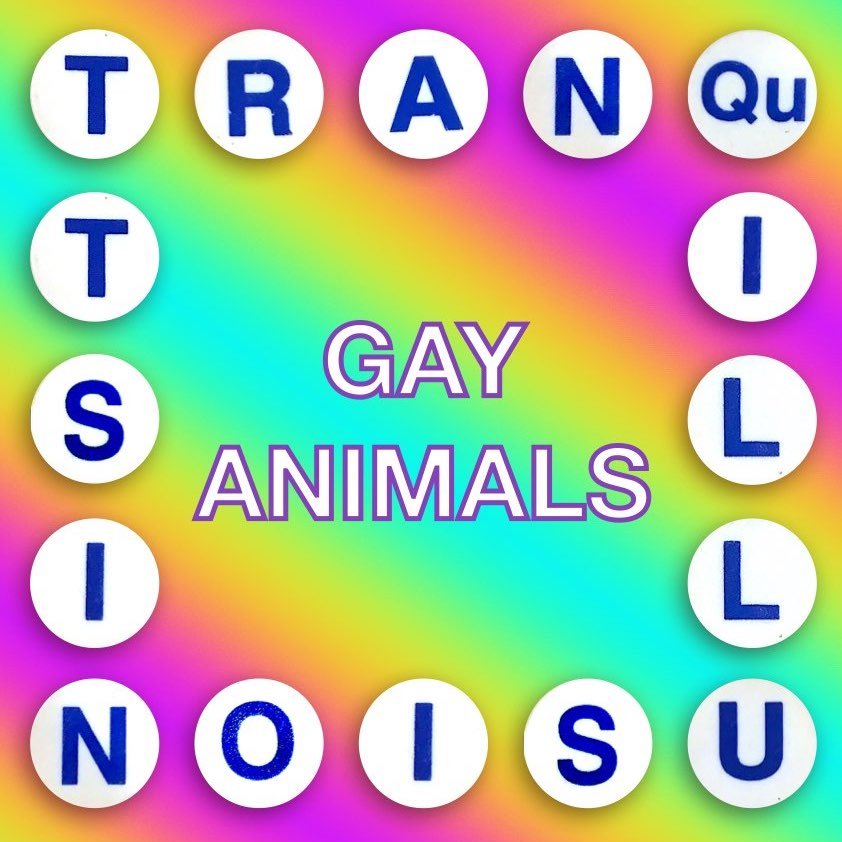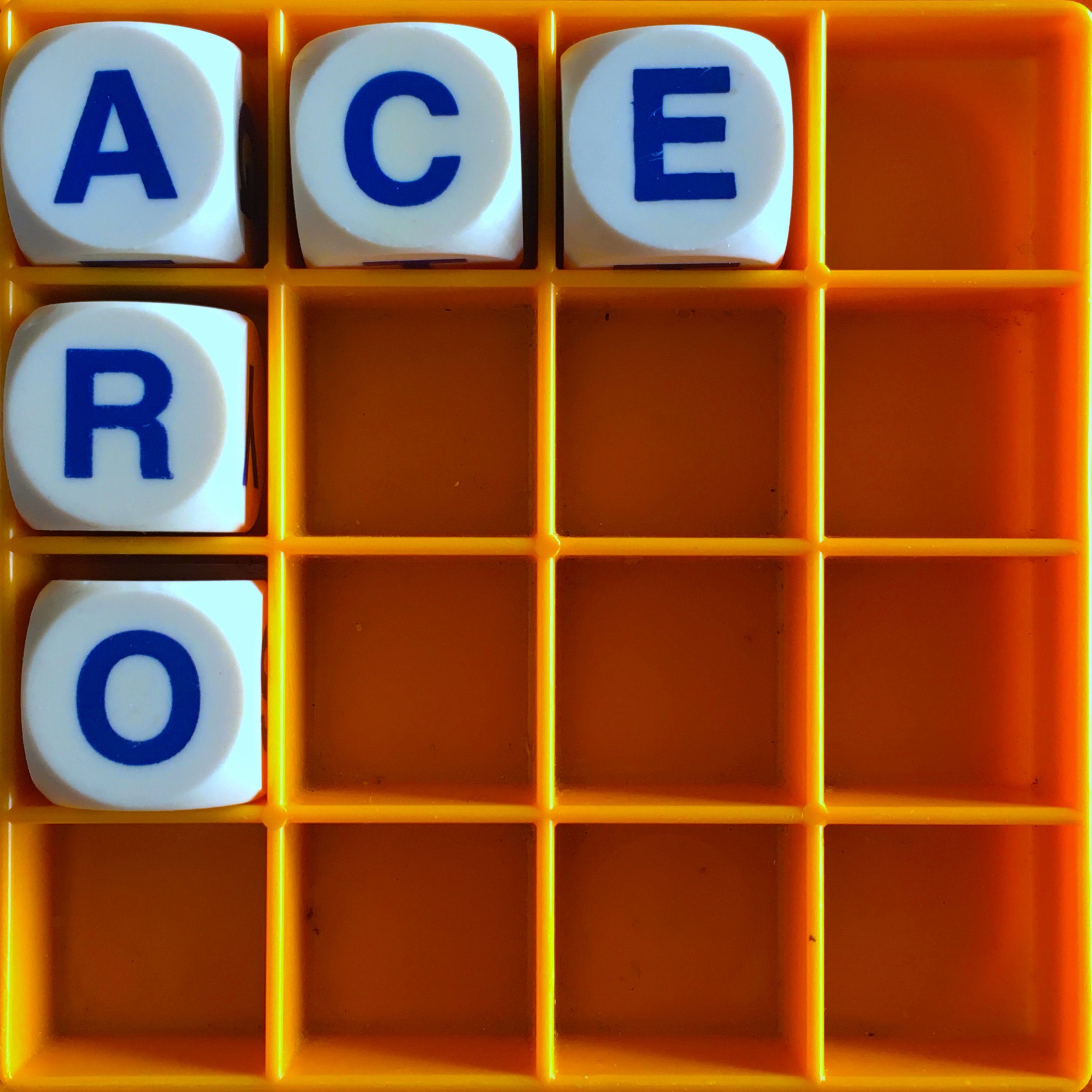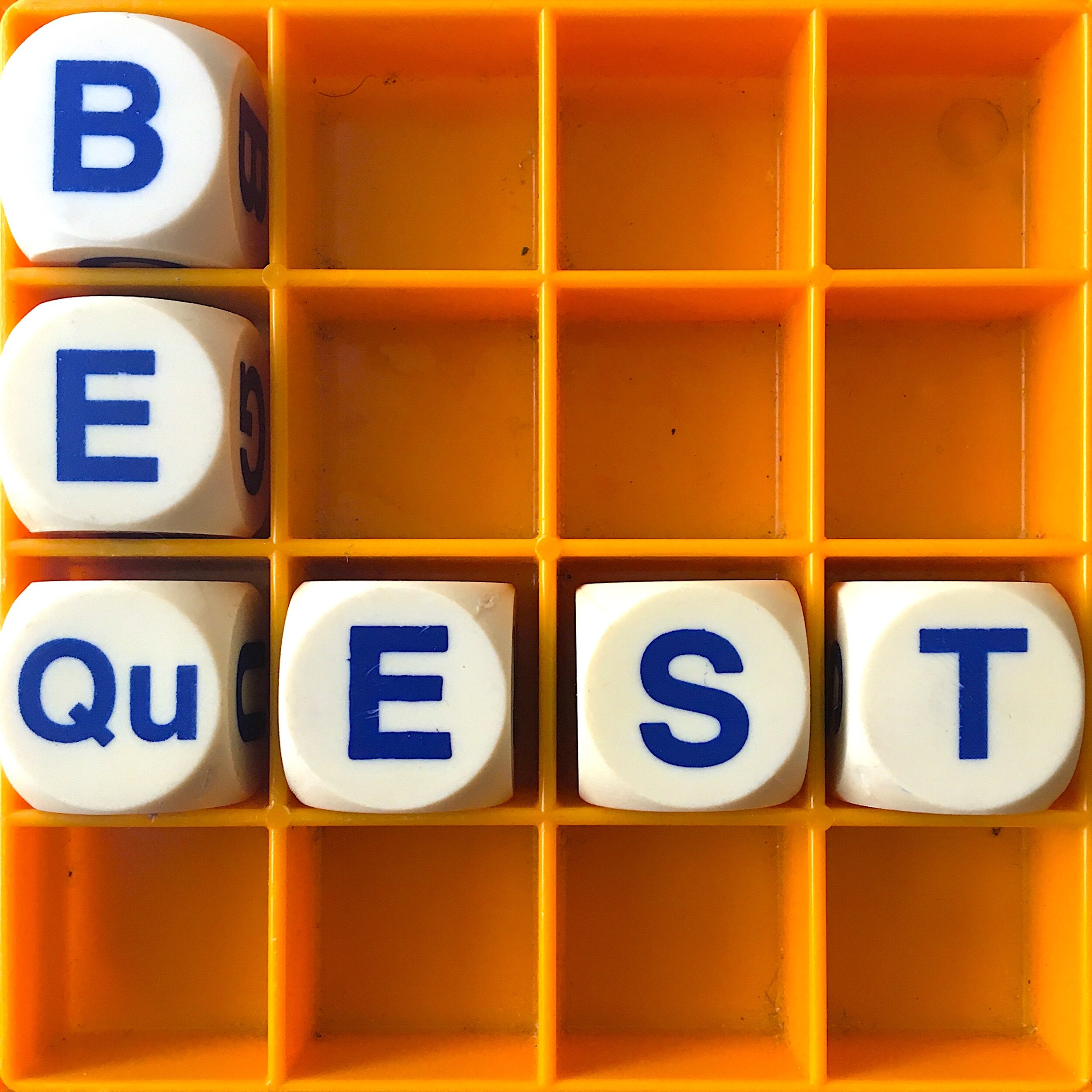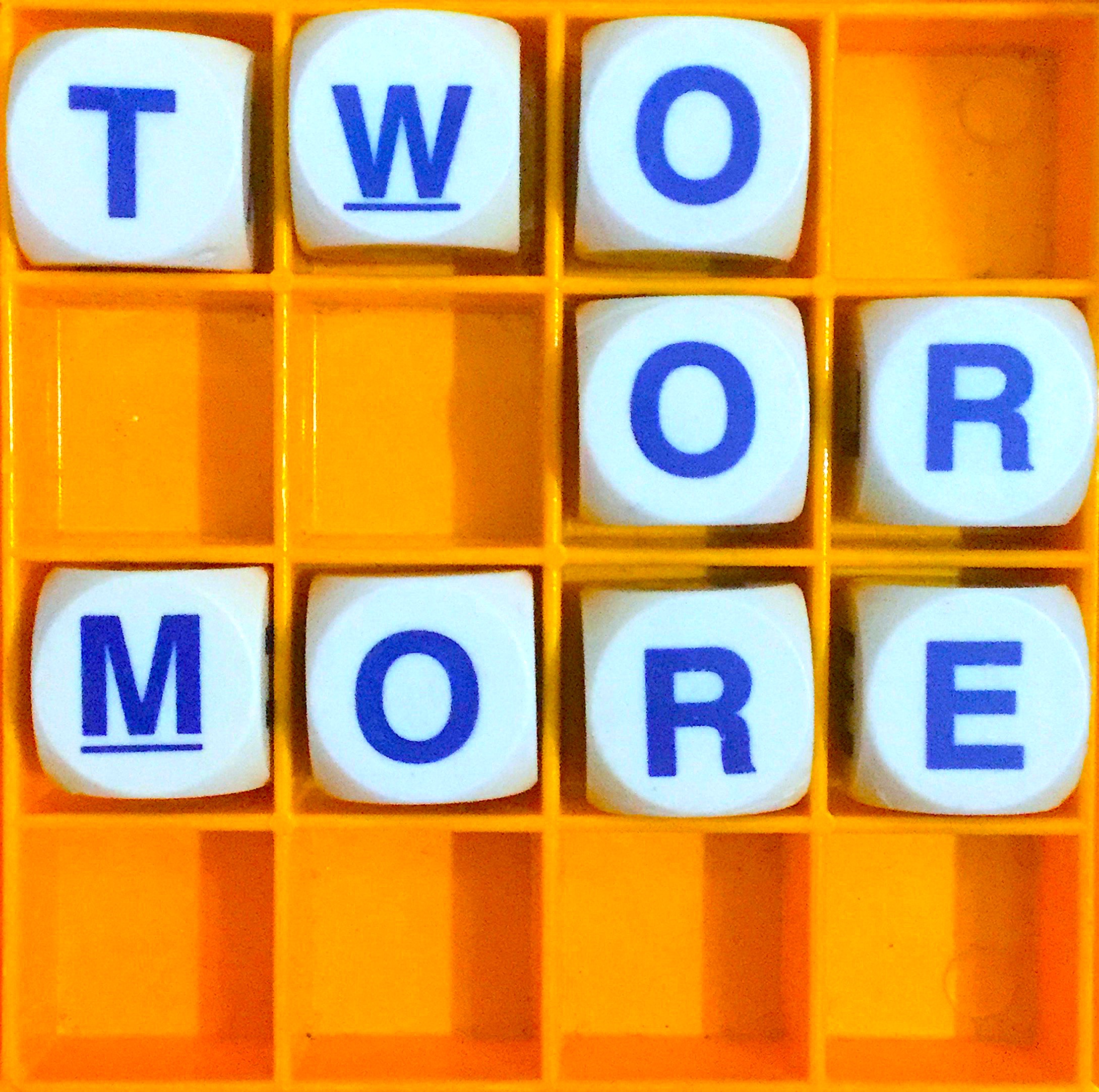Since 2019, Marwan Kaabour has been collecting Arabic slang words used by and about queer people, first for the online community Takweer, and now the newly published Queer Arab Glossary. "When researching for this book, I discovered so much of the sociopolitical, cultural, linguistic, and historical layers that make up the words," he says. He also discovered quite a lot about frying, white beans and worms (metaphorical ones).
Read morePride playlist
Hello! Here’s a playlist of episodes of the show that are good to listen to for Pride month, but also at any time, because they are some of the most interesting and complex language matters that I’ve covered in the show:
Many Ways At Once. The Scots language didn’t have much of an LGBTQ+ lexicon. So writer and performer Dr Harry Josephine Giles decided to create one.
Polari was a secret language that was used mostly by gay men in London. And now lives on in the non-secret lexicon - you might not realise that you know some Polari words!
Two Or More is about the bumpy life of the word ‘bisexual’, describing things from oysters to space stations to God to hats and then people, where things get really complicated.
Parents is about how some of the vocabulary of pregnancy and parenting might not fit when you’re trans, and how to make the language gender-additive.
Rainbow Washing examines the trends in corporate performative allyship, and considers how to sort the real queer support from the harm-disguise.
Similarly, Queerbaiting follows a term from entrapment to marketing to the failures of onscreen representation.
Name Changers features listeners telling the stories of why they changed their names - often a big feature of a gender journey.
There’s so much more to say about the word Queer, where it has been and where it is going now.
Survival: Bequest is about the Māori word ‘takatapui’, a bit of linguistic evidence that prior to the European colonisation that imposed cisgender monogamous heterosexuality, Māori culture had included myriad sexual orientations, gender fluidity and polyamory.
Survival: Today Tomorrow part 2 is about how new queer words are coined for the Icelandic language.
No Title is about making language gender-free. And there are unbeatable arguments to fell anyone who denies singular ‘they’, should you need those in your arsenal.
Joins is about how the available vocabulary for body parts can be a liability when you’re trans and/or non binary.
Aro Ace is about how newish words like ‘aromantic’ and ‘asexual’ enable people to voice their identities, and to find each other.
Pride, about why the word ‘Pride’ was chosen to be the banner word for demonstrations and celebrations of LGBTQIA rights and culture.
And if you just need to shut off your internal monologue for a bit, you can replace it with a relaxingly scored list of gay animals.
Tranquillusionist: Gay Animals
This is the Tranquillusionist, in which I, Helen Zaltzman, say a load of words which aren’t really about anything, so that your brain gets a little gentle diversion from thinking and/or feeling. Today: a list of gay animals.
Read moreAllusionist 145. Parents
When you're trans and pregnant, some of the vocabulary of pregnancy, birth and parenting might not fit you. In face, some of it might not even work for people of ANY gender. Trans parents Freddy McConnell and CJ talk about gender-additive language, inclusive for women and other genders, and about how in English law, the word 'mother' becomes semantically very complicated indeed.
Read moreAllusionist 144. Aro Ace
The word 'asexual' has been used by humans describing themselves for several decades; 'aromantic' is newer. Both words enable people to voice identities that were unacknowledged for centuries, to find each other and build communities together, and to provide counternarratives to what the allosexuals are pushing.
Read moreAllusionist 118. Survival: Bequest
When the Europeans arrived in Aotearoa New Zealand, as well as guns, stoats and Christianity, they brought ideas of cisgender monogamous heterosexuality that were imposed upon the Māori people as if there had never been anything else. But one word, takatāpui, proved otherwise.
Read moreAllusionist 117. Many Ways At Once
The Scots language didn’t have much of an LGBTQ+ lexicon. So writer and performer Dr Harry Josephine Giles decided to create one.
Read moreAllusionist 101. Two Or More
Oysters, fragrances, canoeing, space stations, God, hats, and of course people - the word ‘bisexual’ has described a great deal of different things, with different meanings, in its fairly short existence. And that whole time, it has had a pretty bumpy ride.
Read moreAllusionist 79. Queer
Strange or obtuse; a stinging homophobic slur; a radical political rejection of normativity; a broad term encompassing every and any variation on sexual orientation and gender identity: the word 'queer' has a multifarious past and complicated present. This is just a fraction of it.
Tracing the word's movements are Kathy Tu and Tobin Low from Nancy podcast, Eric Marcus from Making Gay History, and historian and author Amy Sueyoshi, with Jonathan Van Ness from Queer Eye.
Read moreAllusionist 56: Joins
As considered in episode 51, Under the Covers part II, the vocabulary for sex and associated body parts is tricky to navigate in many ways - but even more so if you are trans or gender non-binary.
Following that show, I heard from several trans and non-binary listeners, recounting their experiences of that vocabulary; so I decided to make this episode about it.
Read more








